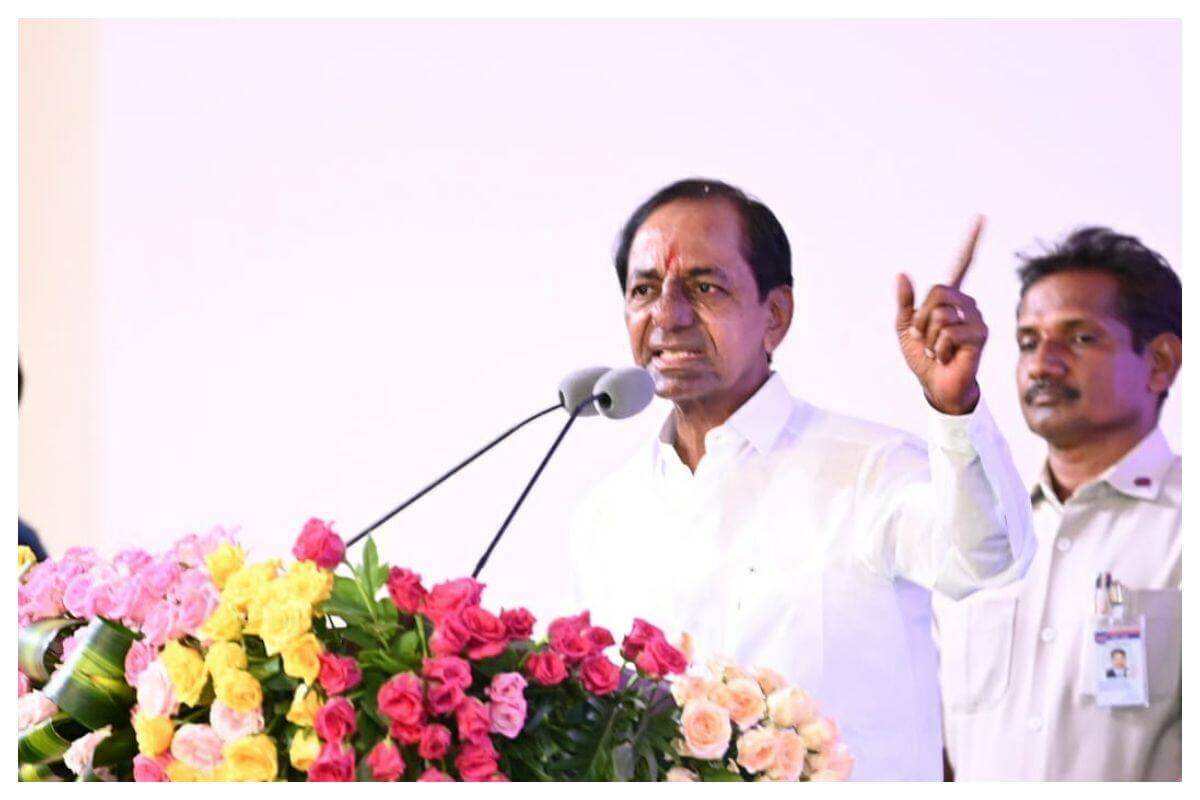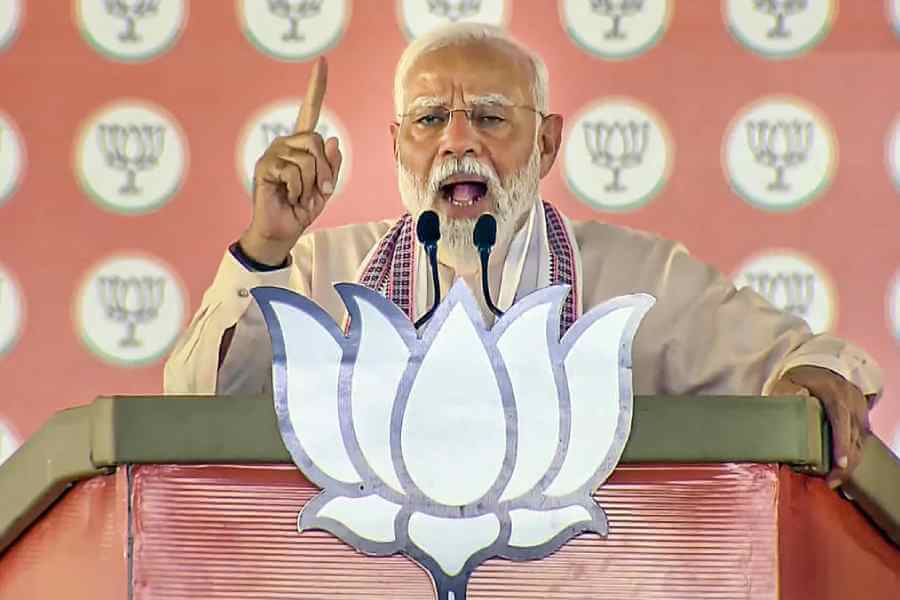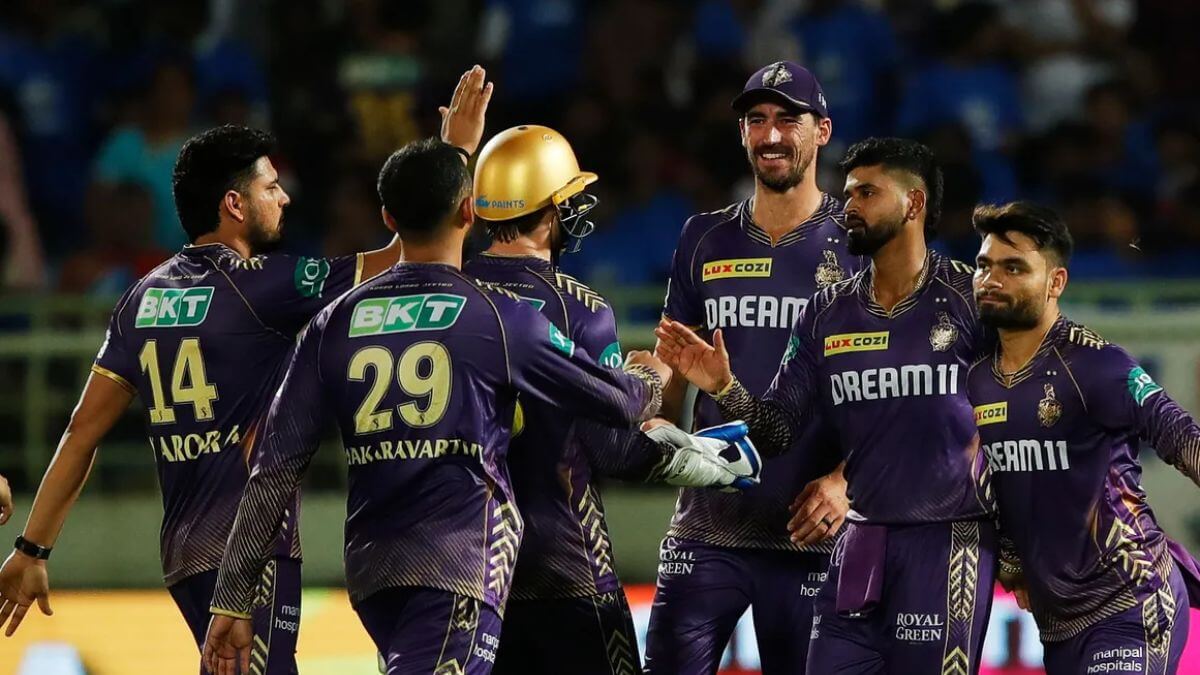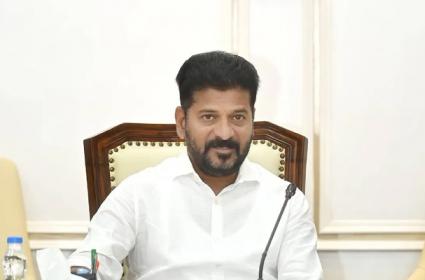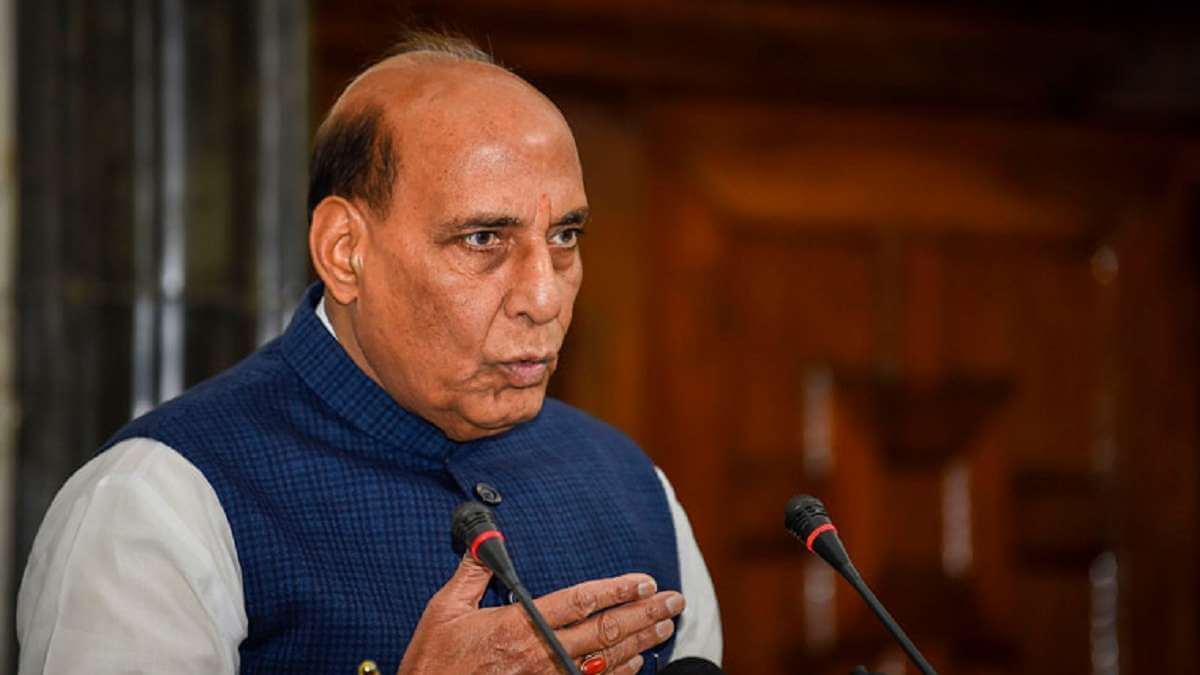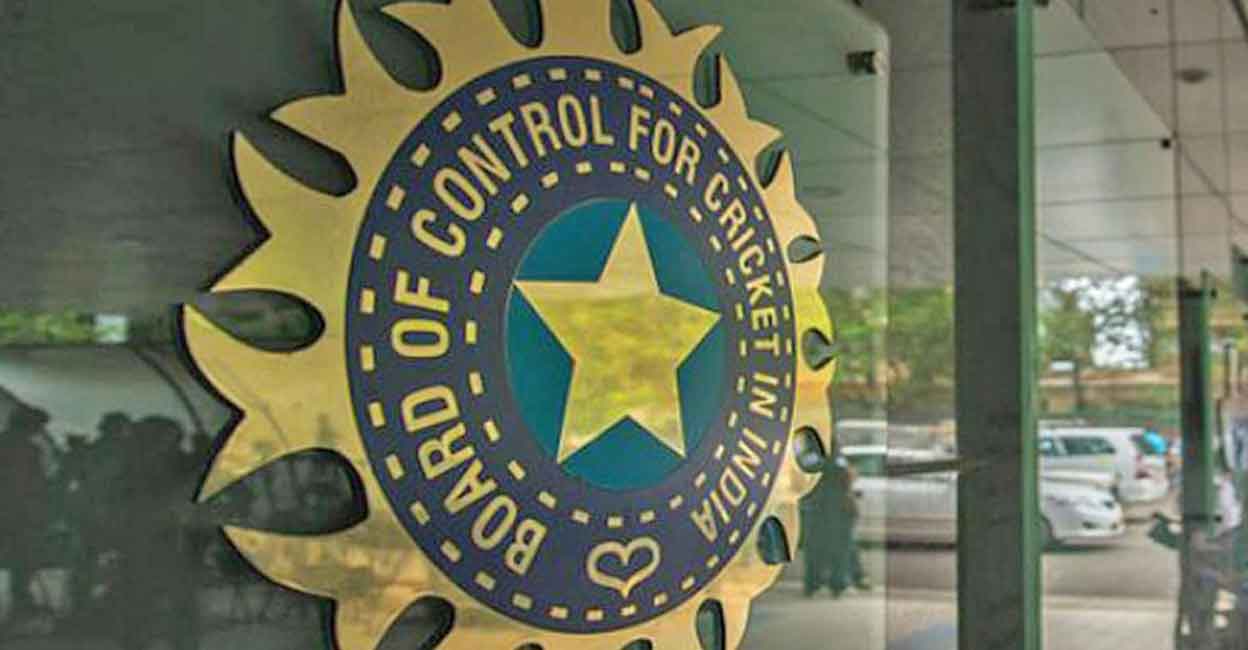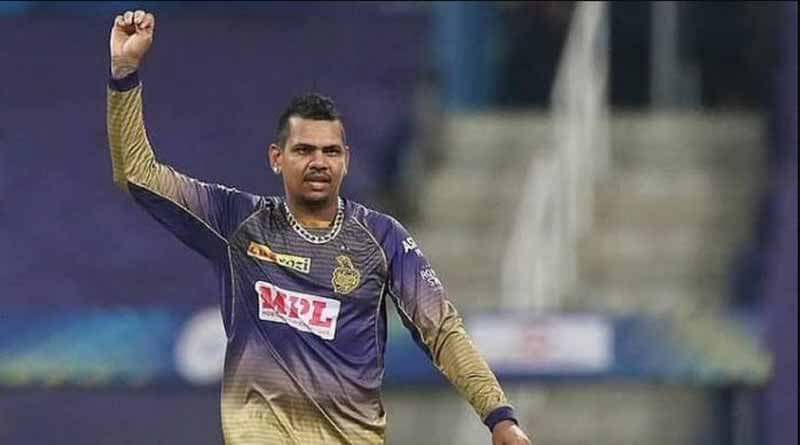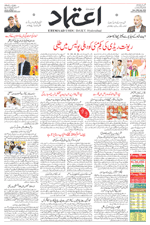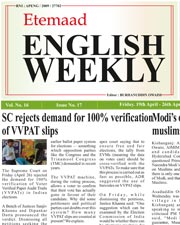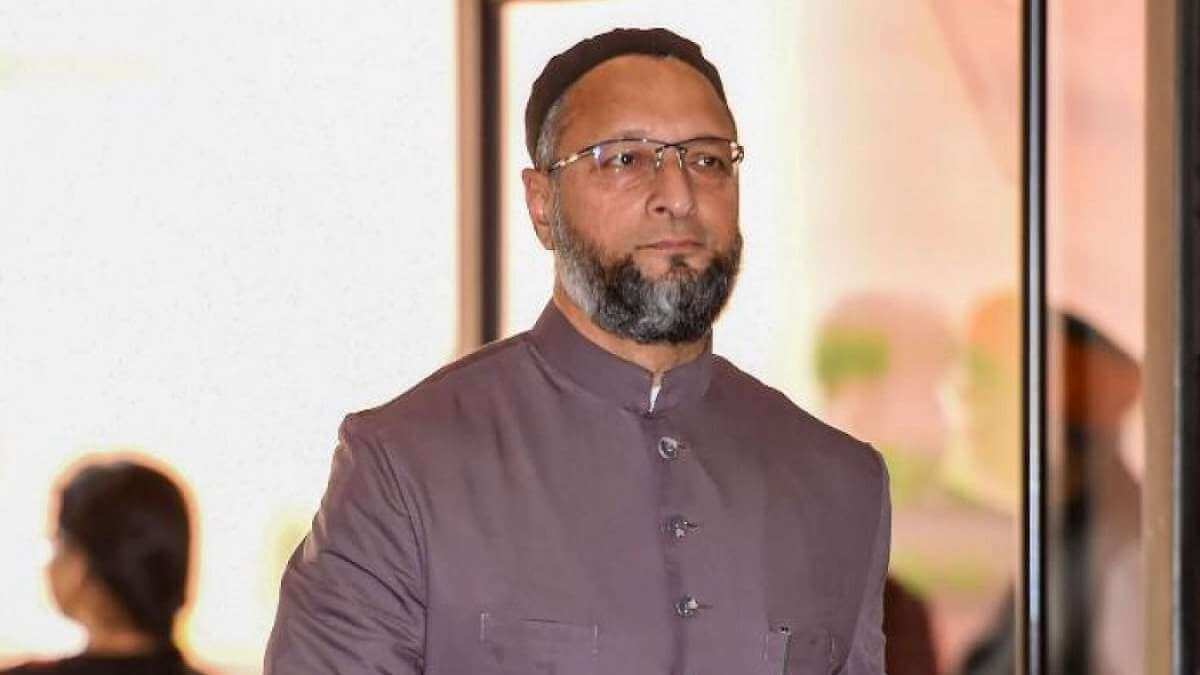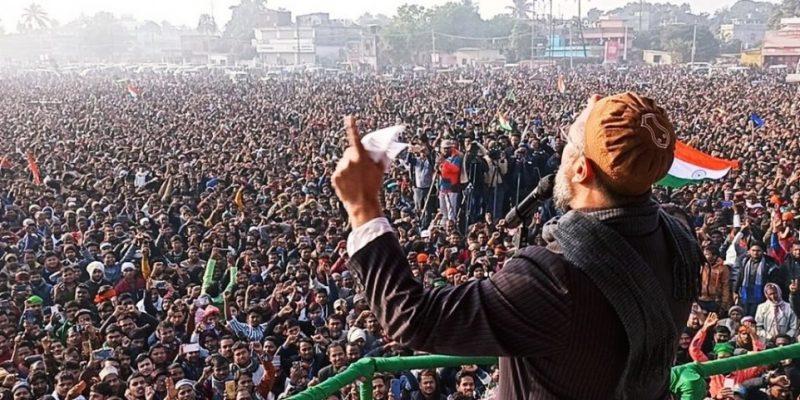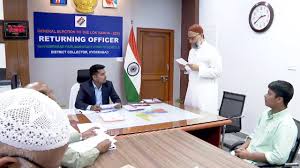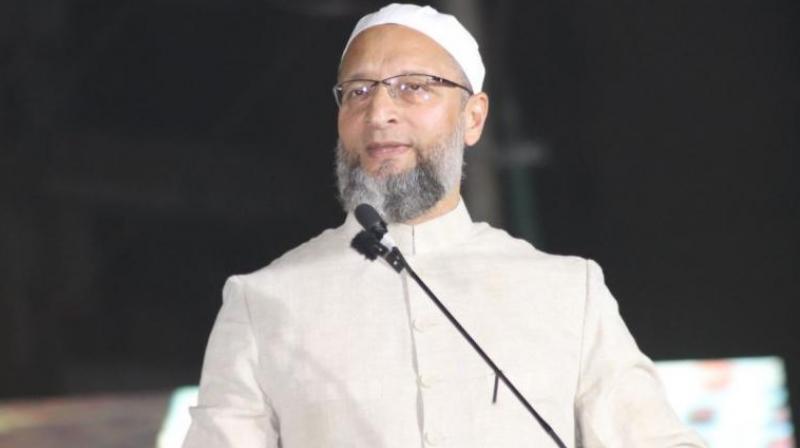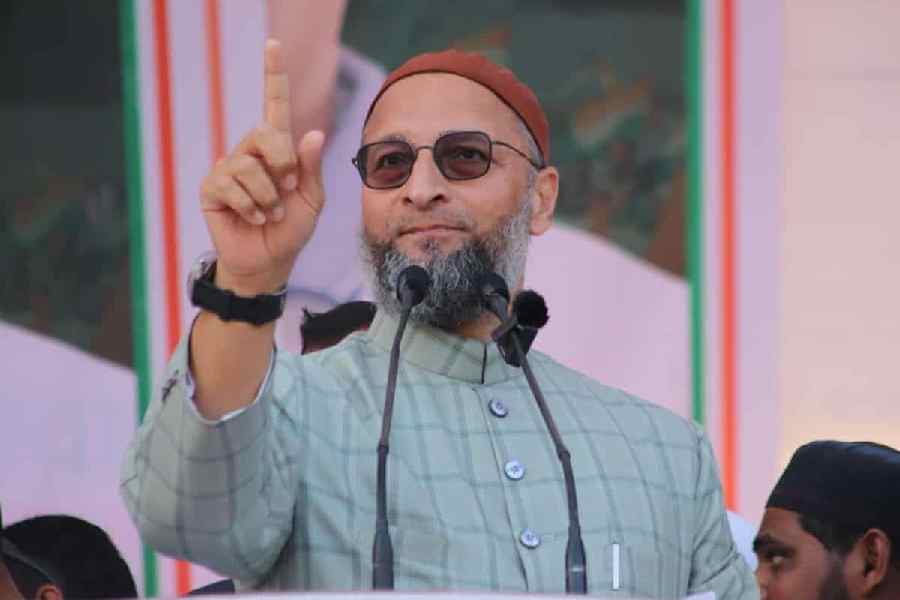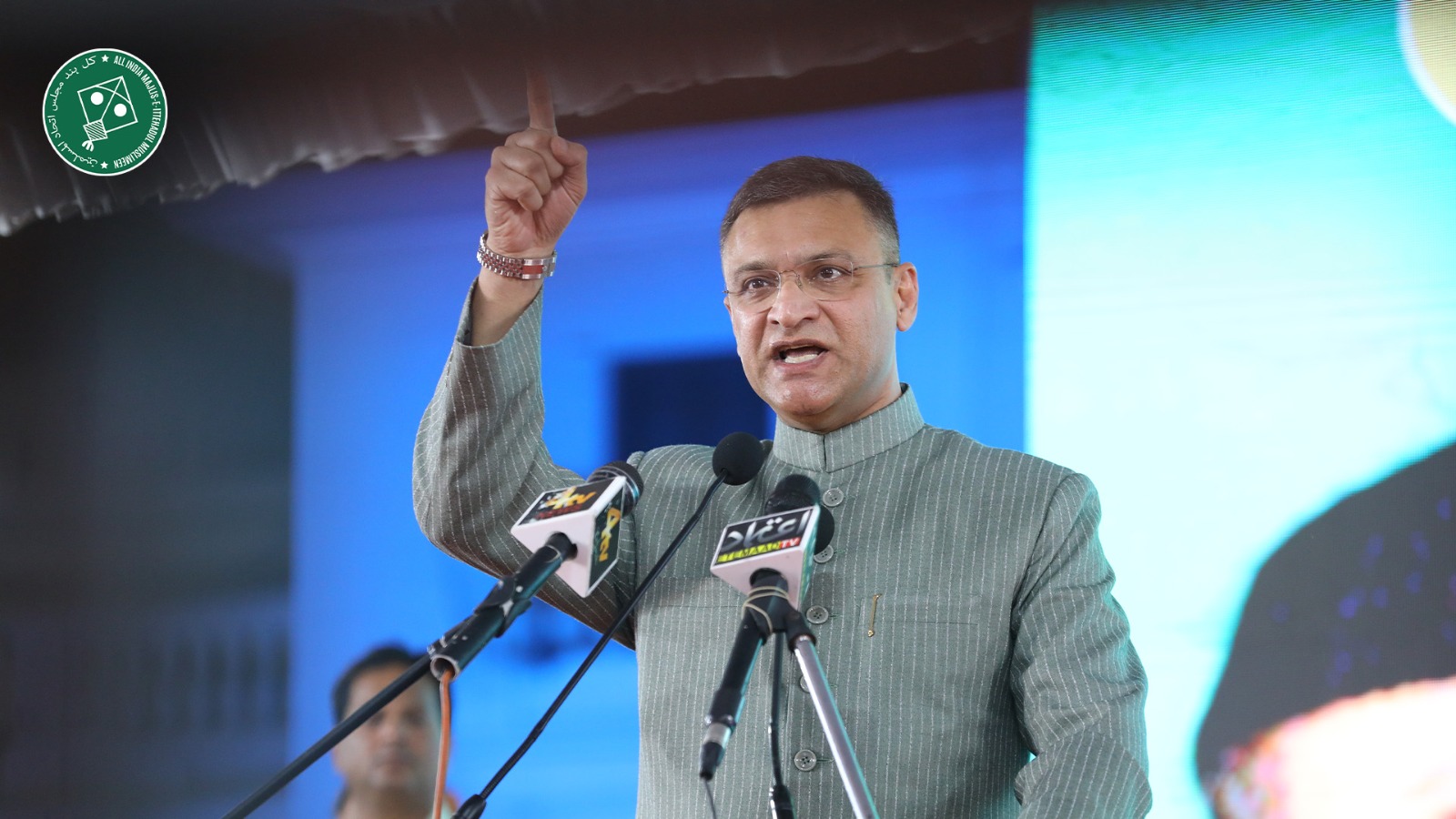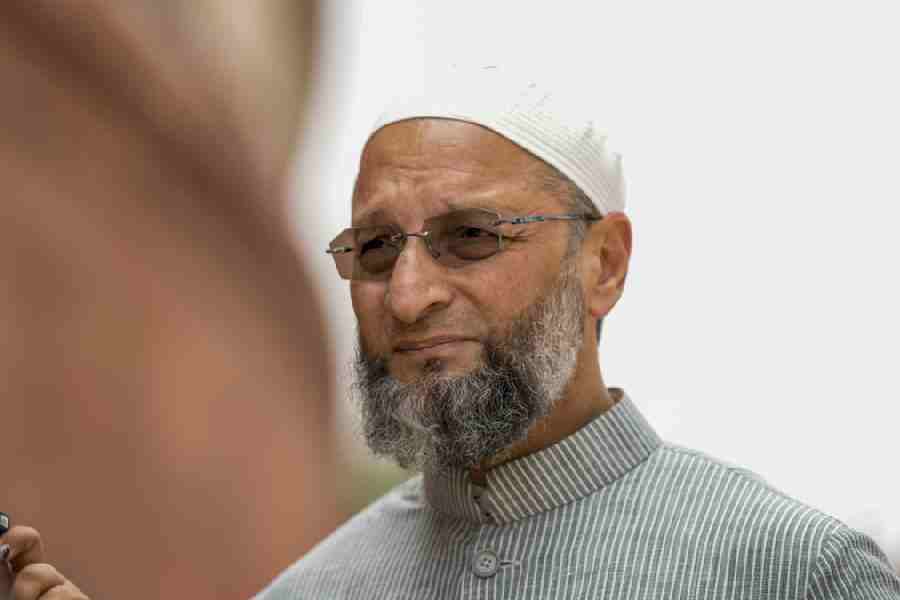How Son Heung-Min Became Tottenham's Hero and an International Sensation
Tue 07 May 2019, 13:51:56
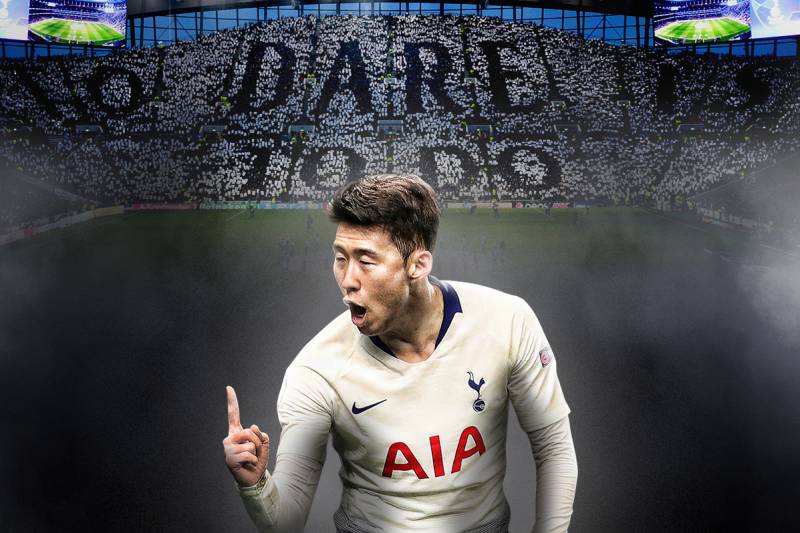
With its revolutionary retractable pitch, enormous LED screens, scientifically calibrated acoustics and “bottoms-up” beer-pouring system, Tottenham Hotspur’s giant 62,062-seater stadium in north London is the most ultra-modern football venue in the world.
Fittingly, it is also home to one of the world’s most futuristic footballers.
Versatile, lightning-quick, two-footed and lethal in front of goal, Son Heung-min is the paradigm of the 21st-century player. A footballer so industrious, so efficient and so finely tuned that you could be forgiven for wondering if he had been machine-engineered.
There is no superfluity with Son–no pointless tricks, no showy touches, no playing to the gallery. He has only one trick–the stepover –and he only ever deploys it to burst past befuddled defenders on his way to goal. The 26-year-old South Korean plays as if he only ever has five seconds to influence the game, which has helped turn him into one of the most dangerous attacking players in Europe.
The hero of Tottenham’s Champions League quarter-final victory over Manchester City, Son was forced to sit out the 1-0 loss to Ajax in the semi-final first leg due to suspension for yellow cards.
But to the relief of Spurs fans everywhere, he will return for Wednesday’s second leg in Amsterdam. His pace on the counter-attack should be a vital weapon, especially with Tottenham’s star striker Harry Kane enduring another spell on the sidelines with his persisting left ankle injury.
If Tottenham are to reach their first ever Champions League final, they will need Son to be at his best.
Son is as low-key off the pitch as he is explosive on it, preferring to spend his free time relaxing at home and listening to music.
He lives a quiet life in London, sharing a three-bedroom apartment with his parents in affluent Hampstead in the city’s northwest.
He has previously dated Korean pop stars Bang Min-ah and Yoo So-young, but has said that he would be happy to put off marriage until after his retirement.
There is no shortage of interest in his private life back home in South Korea though, where his feats with Tottenham and the national team have turned him into a megastar.
“If you’re watching football on Korean TV, when it gets to an ad break, every single advert has a picture of his face in it somehow,” says Steve Price, a British football writer based in Seoul.
“There are adverts for ice cream, skin care, energy drinks, noodles … He’s everywhere. If you go to a subway station, probably a quarter of the adverts have his face on them.
“There are journalists whose job is just to cover Son Heung-min. They go to all of Spurs’ games and just write about what he does in them.”
Those journalists have had plenty to write about this season. Son was the first Spurs player to score a goal at the club’s new stadium, setting his side up for a 2-0 win over Crystal Palace at the beginning of last month with a deflected shot from the edge of the box.
His second goal at the new ground was even more significant, a 78th-minute winner against Manchester City earning Spurs a precious 1-0 advantage in the first leg of their Champions League quarter-final.
The game against City marked the 16th consecutive match in which Tottenham had gone on to win after Son scored.
That run came to an end in the return leg against City, but it did not matter. Although City won 4-3 on the night, Son’s two goals in a three-minute stretch in the first half helped to ensure Spurs’ progress on away goals. When Son scores, Spurs win. Even when they lose.
“As soon as he gets the ball, you’re expecting something to happen,” Gary Mabbutt, Tottenham’s iconic former captain, told Bleacher Report.
“He’s a very difficult opponent to play against. If you’re marking a player who you know is left-footed, you know to show him onto his weaker foot. With someone like Son, you can’t show him anywhere, because he can go both ways.”
Son made a sluggish start to the season and did not find the net in the Premier League until the end of November. But he has been in superb form since then, scoring 20 goals in all competitions and helping Tottenham make light of their absent, injured talisman, Kane.
The statistics suggest that Son might even be more important to Spurs than Kane. According to Premier League statisticians Opta, Spurs’ win percentage when Son plays (60.9 per cent) is broadly the same as when Kane plays (61.5 per cent). But when Son is missing, that figure plummets to 44.4 per cent, whereas without Kane it falls to 50 per cent.
“Son’s stepped up to the mark, especially when Harry’s been out injured,” Mabbutt says.
“In my opinion, he’s been our most influential player over the last couple of seasons.”
All of Spurs’ games are shown live on South Korean television and any football fans needing a Son fix between matches need only tune to SPOTV2, where highlights of his best performances are used to plug gaps in the schedule on a daily basis.
Lee Young-pyo’s three years at Tottenham, from 2005 to 2008, helped the club establish a fan base in South Korea. But Son’s exploits in the white shirt have taken things to another level.
Users of Naver, South Korea’s search engine giant, can sign up to receive news alerts about their favourite sports teams and Tottenham are by far the most popular name on the platform, comfortably outstripping European football heavyweights Barcelona, Real Madrid and Manchester United—as well as Korea’s hugely popular baseball teams.
Son is South Korea’s captain and has represented his country at two World Cups and three Asian Cups. He wept in the changing room after South Korea were eliminated in
the group stage at last year’s World Cup in Russia. And there was further disappointment at this year’s Asian Cup, when Paulo Bento’s side fell to a surprise defeat against eventual champions Qatar in the quarter-finals.
the group stage at last year’s World Cup in Russia. And there was further disappointment at this year’s Asian Cup, when Paulo Bento’s side fell to a surprise defeat against eventual champions Qatar in the quarter-finals.
Happily for Son, those two setbacks sandwiched an achievement he had been pursuing since the very beginning of his international career. After being included as one of three over-age players in the South Korea U23 squad competing at the Asian Games in Indonesia last August, he helped his team to the gold medal, setting up both his side’s goals in a 2-1 win over Japan in the final.
It was the first time South Korea had won gold beyond their own borders since 1978. More importantly, for Son, it earned an exemption from South Korea’s mandatory military service.
Son became the all-time leading Asian goal-scorer in the Premier League in November 2017, eclipsing his celebrated compatriot Park Ji-sung, the former Manchester United midfielder. His brace at City last month took him past Uzbekistan’s Maksim Shatskikh as the highest-scoring Asian player in the history of the Champions League.
A four-time winner of the Best Footballer in Asia award, he is already considered to be one of the greatest Asian players ever.
Son is a star in England and a hero in Korea, but it was in Germany that his career took off.
Thorsten Fink became Son’s coach when he took over at Hamburg in October 2011. The German surveyed his squad carefully, and with good reason. Hamburg were rock-bottom of the Bundesliga table and if Fink was going to get them out of trouble, he would need to identify the players he could depend on quickly.
Son was only 19 and had been playing first-team football for less than a year, but he immediately made an impression on the new man at the helm.
“He was like a soldier,” Fink told Bleacher Report. “He was a hard worker and, after training, he’d do extra training on his own. He was honest, he listened, he was never late and his discipline was really impressive. He was a real professional.”
Fink partly attributes Son’s professionalism to his father, Son Woong-jung. A former footballer in his own right, he instilled a strong work ethic in his son, putting Heung-min and his older brother, Heung-yun, through hour upon hour of football drills when they were growing up in the northern South Korean city of Chuncheon. As Son told The Guardian earlier this year: “Without him, I probably wouldn’t be where I am today.”
Son joined the Hamburg academy in August 2008 as part of a partnership between the club and the Korean Football Association, dropping out of high school at 16 to pursue his dream of becoming a professional footballer. By the time of Fink’s arrival, he spoke “perfect” German and was fully integrated in the first-team squad.
In training, Fink worked with him on his positioning and his movement between the lines, reasoning that “if we could get him in the right position, he would finish.”
Son was mainly used as a substitute in his first season but scored a couple of key goals to help Hamburg finish five points clear of the relegation play-off spot.
The following season he scored 12 goals and saved his best performances for Hamburg’s matches against Jurgen Klopp’s Dortmund, the defending champions. Hamburg broke Dortmund’s 31-game undefeated run with a 3-2 win at home and 4-1 away, with Son scoring a brace in each game.
Bayer Leverkusen were able to offer Son Champions League football and made their move in the summer of 2013, signing him from Hamburg for a reported club-record fee of €10 million. In moving to Leverkusen, Son followed in the footsteps of his illustrious compatriot Cha Bum-kun, who starred for the North Rhine-Westphalia club in the late 1980s.
The price tag seemed to weigh Son down during the first few months of his Leverkusen career, but in a reunion with Hamburg in November, he blew off the cobwebs spectacularly, scoring his first career hat-trick in a 5-3 success.
As one of Leverkusen’s reserve goalkeepers, David Yelldell witnessed Son’s dedication first-hand. Son would often ask him to stay behind after training so the South Korean could work on his free-kicks or practise running in from the flanks and finishing with both feet.
Son’s 29 goals in 87 appearances persuaded Spurs to sign him in a £22 million move in August 2015 that made him the most expensive Asian footballer in history. None of his Leverkusen team-mates were surprised to see him go.
“You could tell he wanted to take the next step as quickly as possible. I had the feeling he wanted to be someone special,” says Yelldell, who was capped by the United States in 2011.
“It’s not surprising that he’s now one of the best players in the Premier League and in the semi-finals of the Champions League. I think he’s not even done yet. For him, anything is possible.”
Clean-cut and clean-living, Son is an ideal figurehead, even if an uncharacteristic red card against Bournemouth last Saturday blotted his copybook.
He is adored by Tottenham’s supporters and, as demonstrated by the elaborate series of personal handshakes he has devised for each of them, cherished by his team-mates.
“Son’s a lovely lad,” says Mabbutt, who made 611 appearances for Spurs between 1982 and 1998.
“I’ve presented him with the man-of-the-match award on numerous occasions and he’s always very receptive with the fans. He’s very humble, he speaks very well and he’s always got a smile on his face. You put all those things together and you’ve got a fantastic package.”
Like all the other members of Mauricio Pochettino’s Spurs cohort, Son does not yet have any silverware to show for his stellar performances over the last four seasons (67 goals and counting). But in Mabbutt’s eyes, he has already left an indelible mark on the club.
“What’s going to make him a Spurs great? He’s on his way to being a Spurs great already.”
No Comments For This Post, Be first to write a Comment.
Most viewed from
Most viewed from Sports
AIMIM News
Asaduddin Owaisi files nomination papers on Friday
Apr 20, 2024
Owaisi Begins Election Campaign in Hyderabad
Apr 13, 2024
Latest Urdu News
Most Viewed
May 26, 2020
Do you think Ruturaj Gaikwad would be a good captain for Chennai Super Kings?
Latest Videos View All
Like Us
Home
About Us
Advertise With Us
All Polls
Epaper Archives
Privacy Policy
Contact Us
Download Etemaad App
© 2024 Etemaad Daily News, All Rights Reserved.

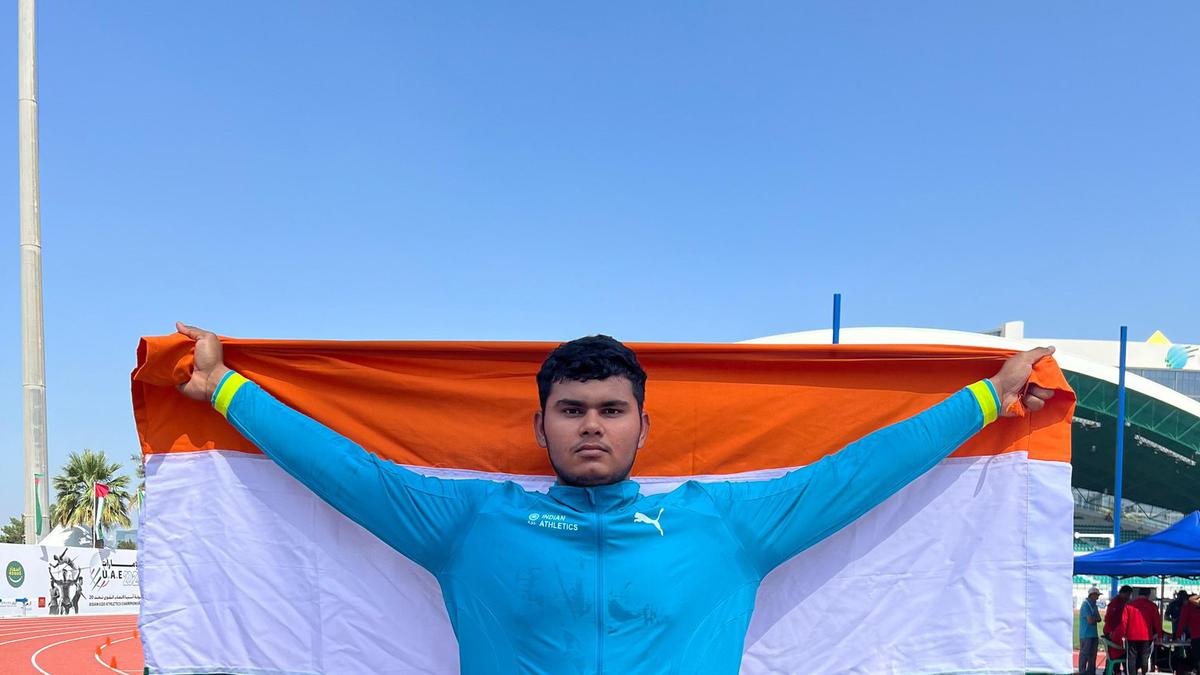

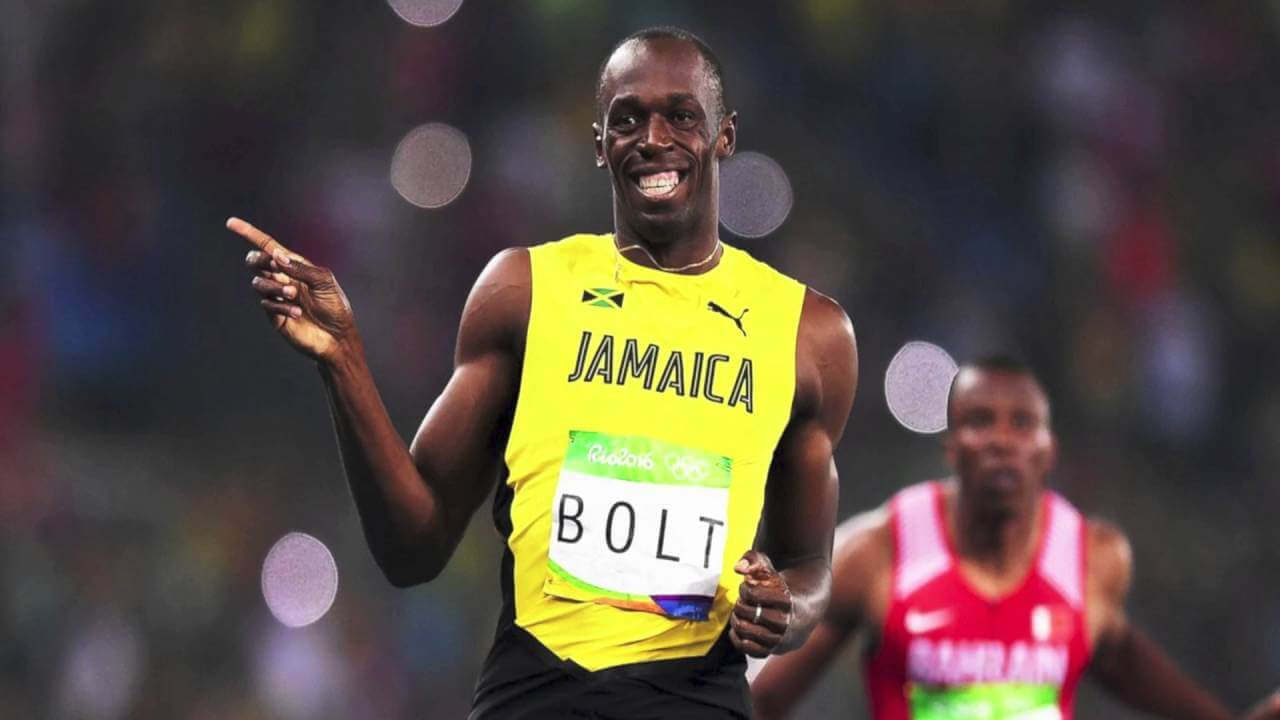

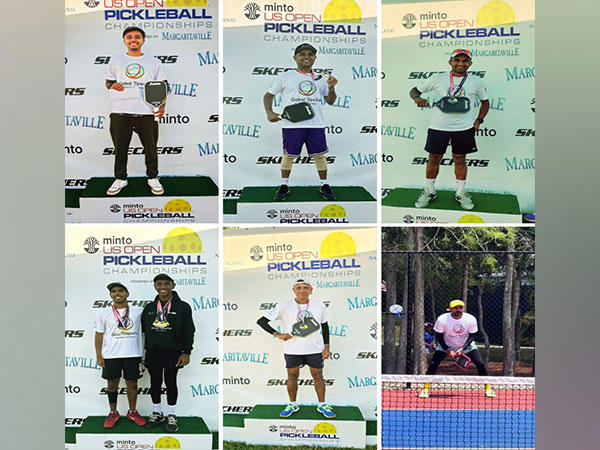
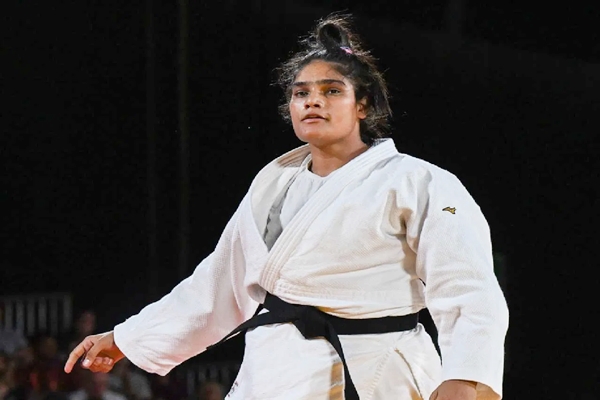
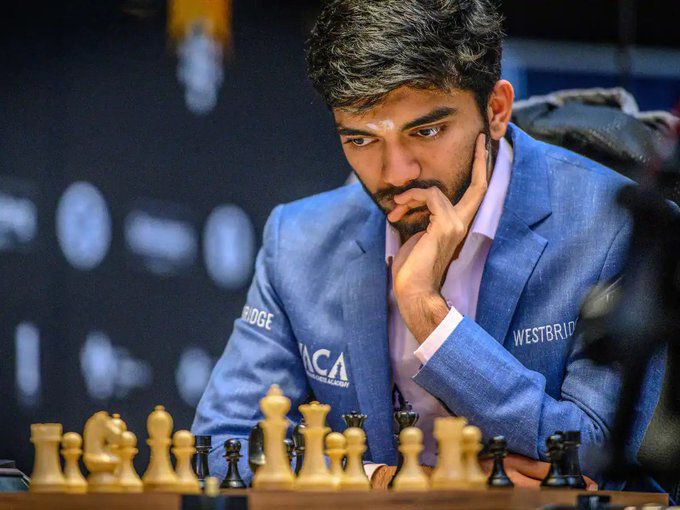
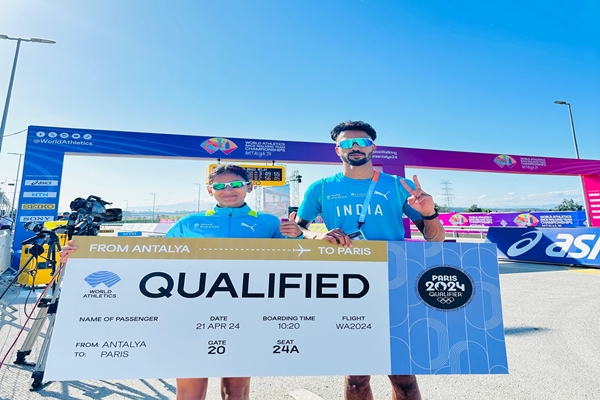
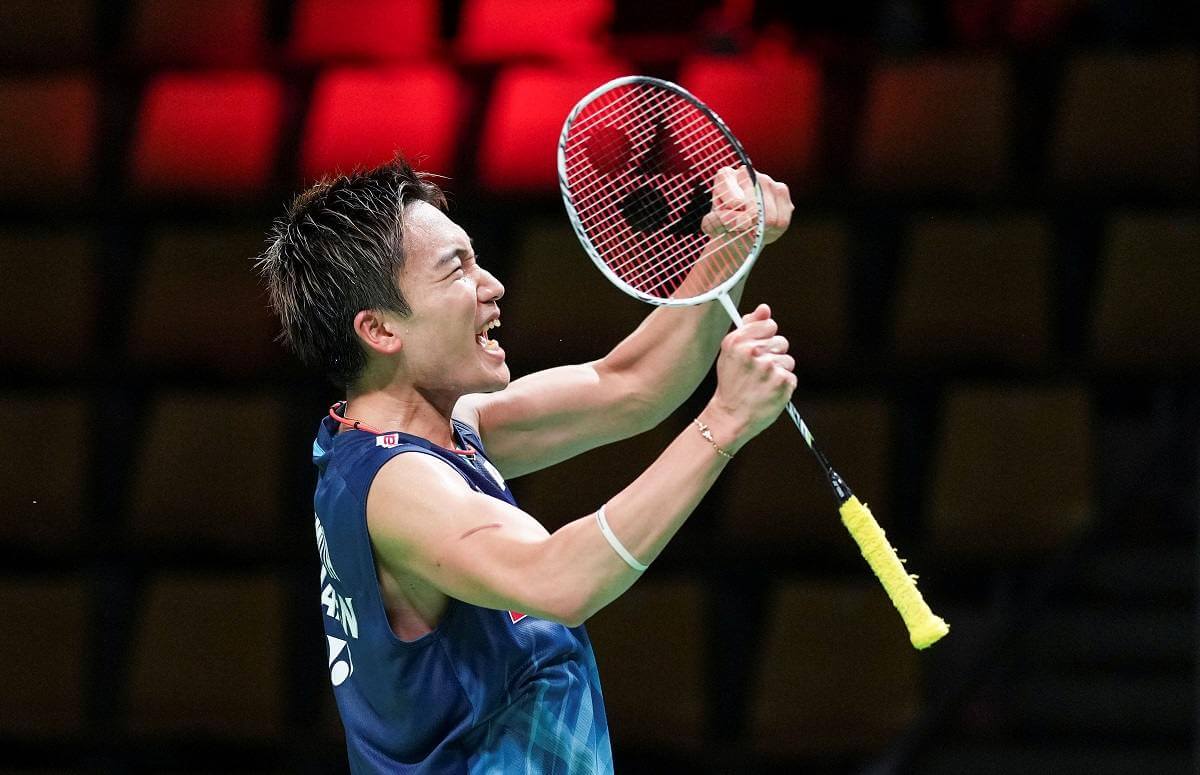
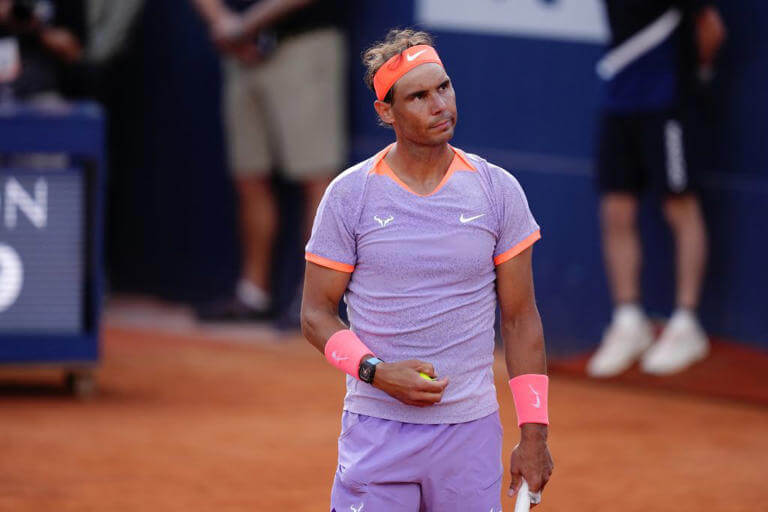
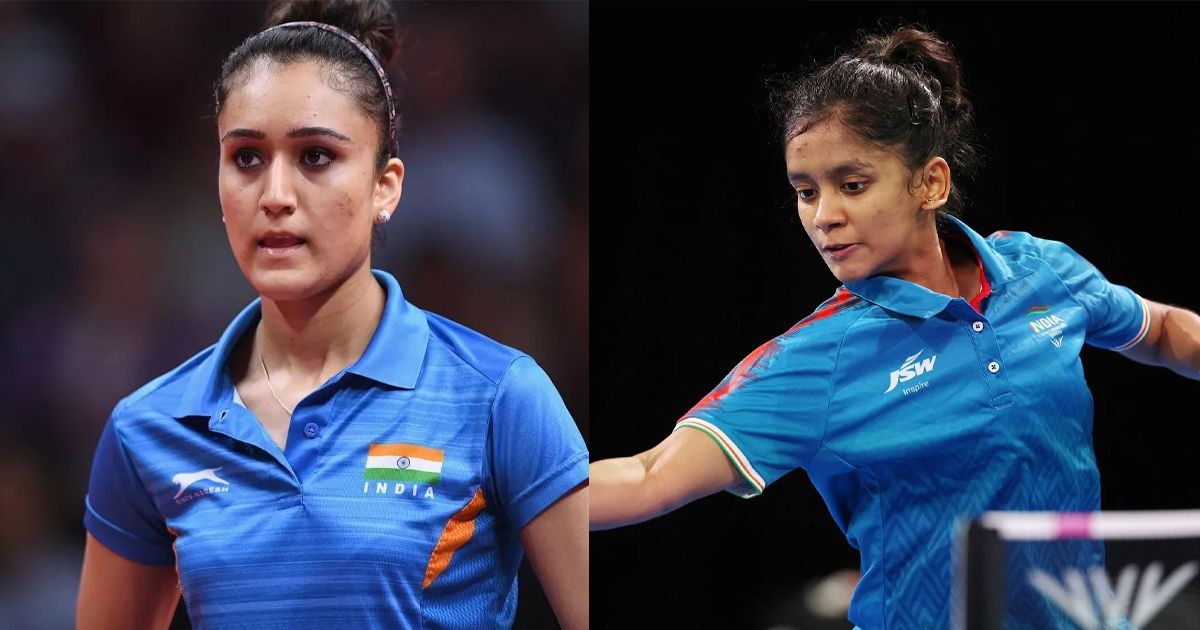
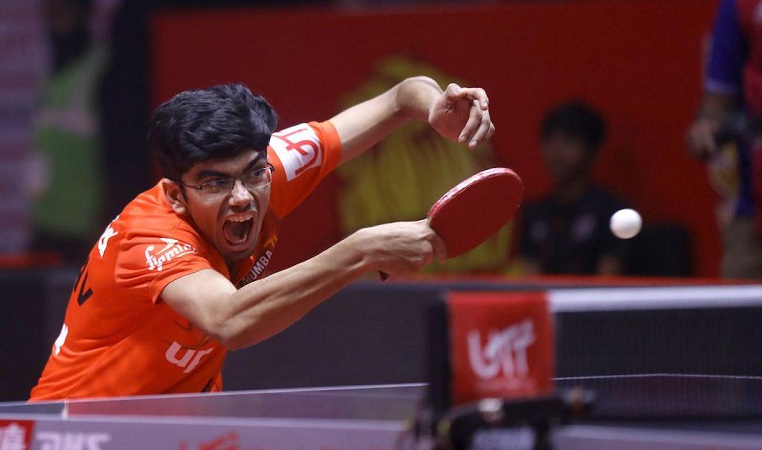
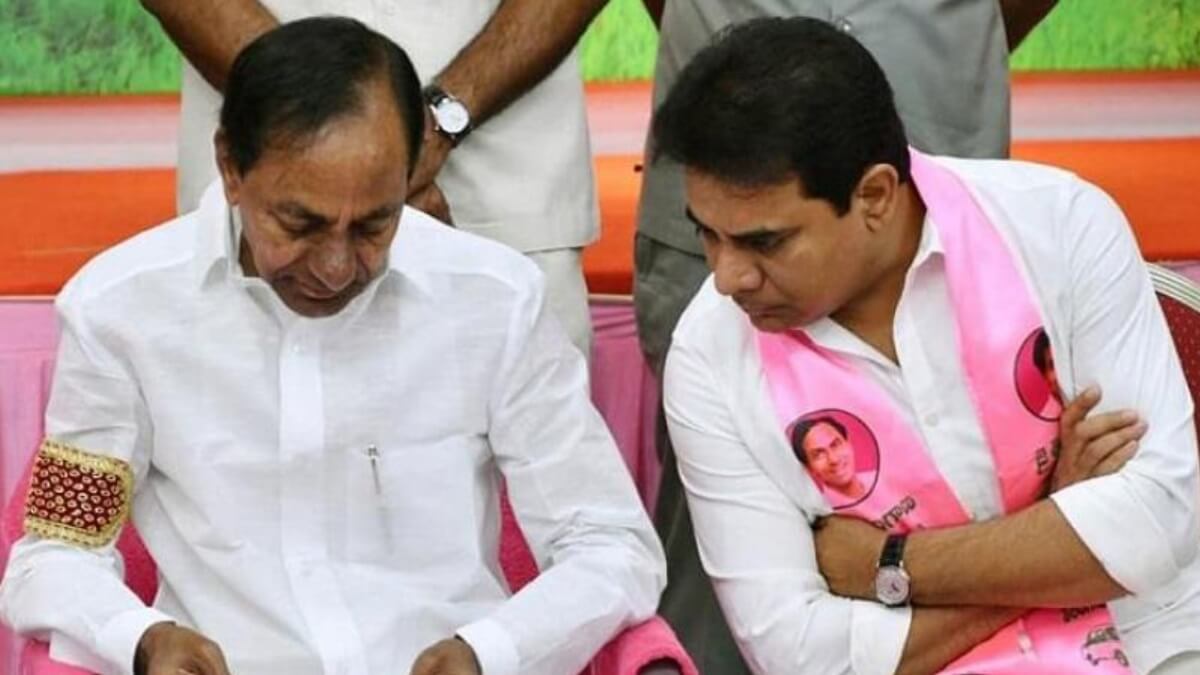

.jpg)

